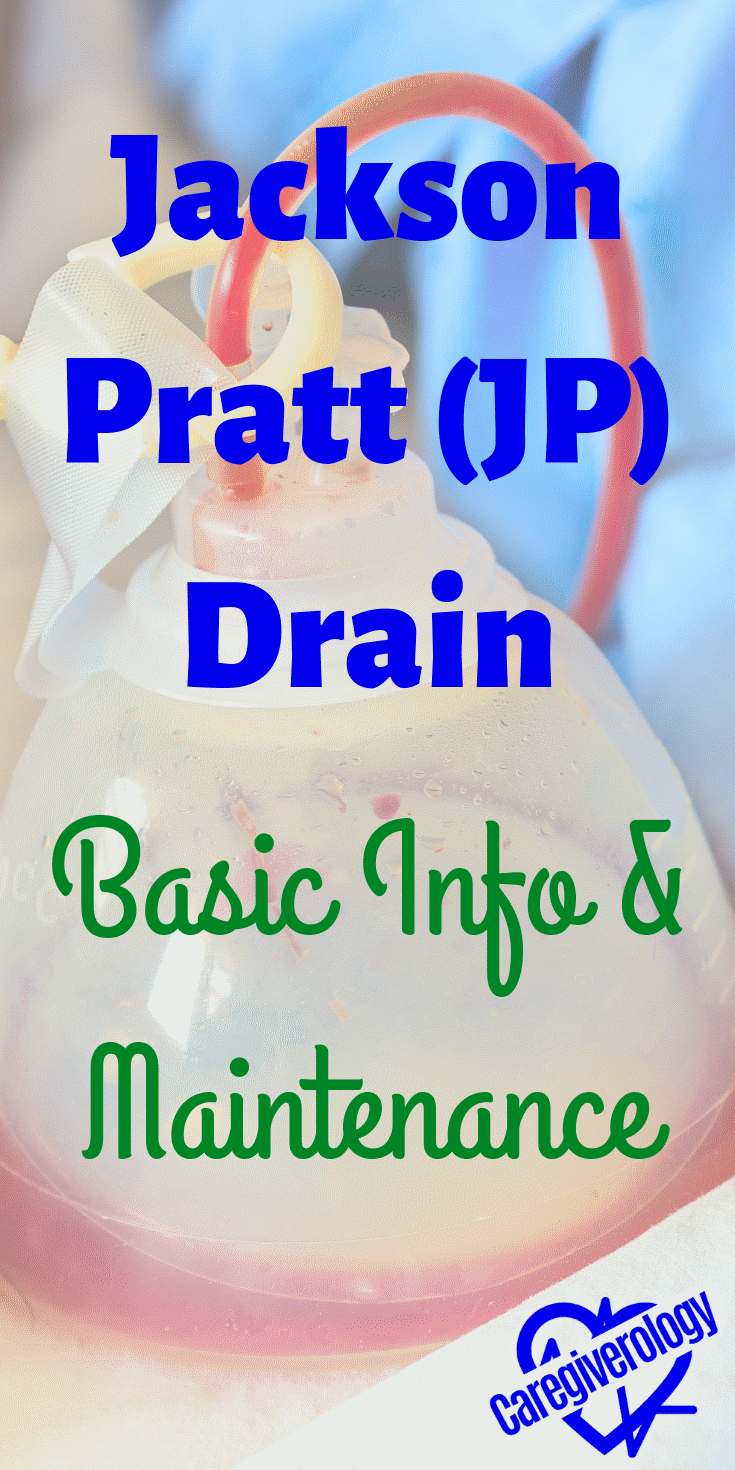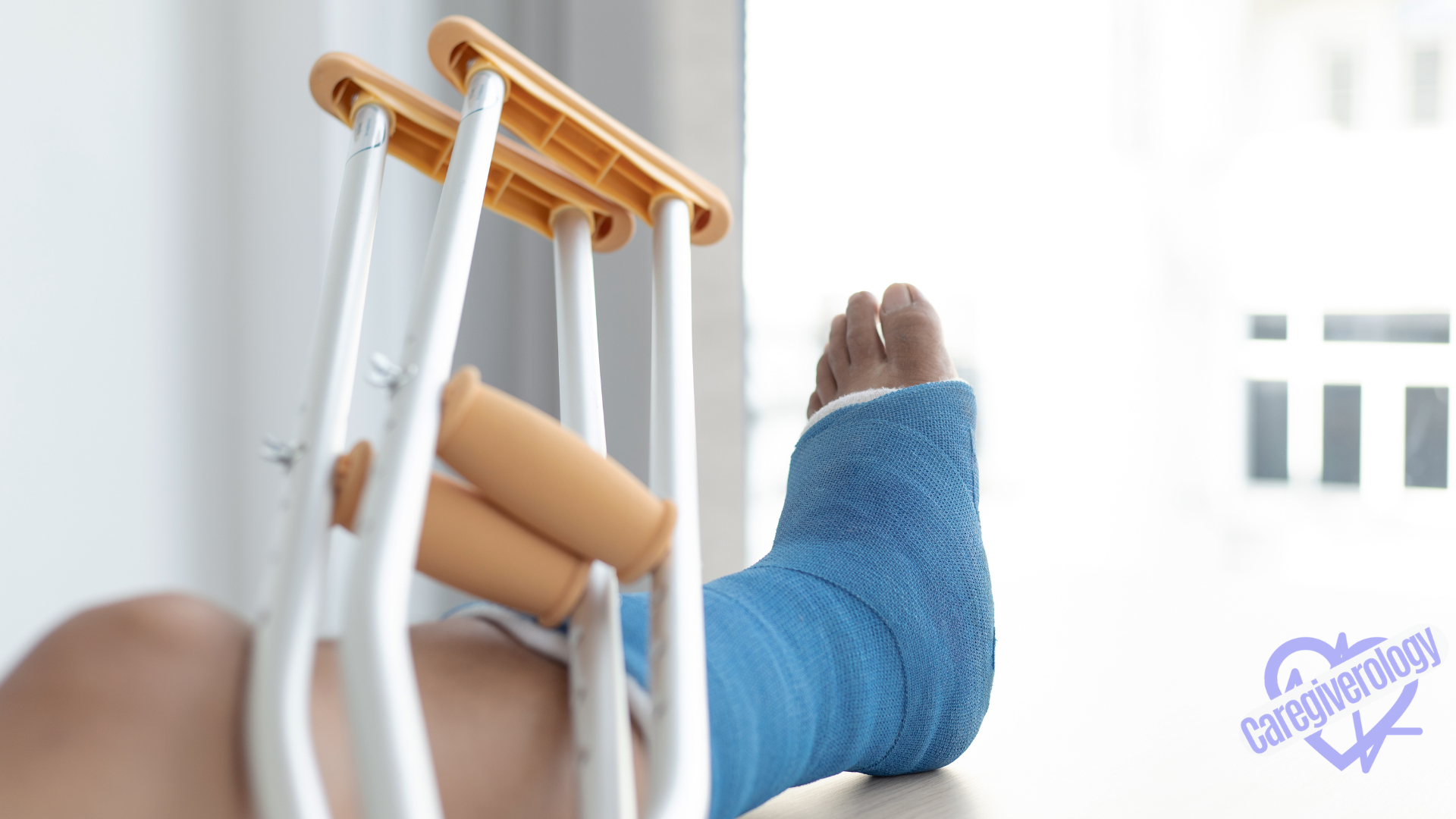JP Drain Basic Information and Maintenance
Oftentimes, especially in hospitals, patients will have what is called a jp drain (which is an acronym for Jackson Pratt drain). This little device helps drain unwanted fluid out of a surgical site. It is a very simple concept and is very easy to care for.
Emptying Keeping track Other tips
Emptying The Drain
Certified nursing assistants can often empty them but depending on where you are, it may be the nurse's job to care for it. If you are not authorized to empty it, don't. Even if your nurse tells you to, explain to them that it is not within your scope of practice. Doing so could get you into trouble.
Emptying one is not a difficult task. I use a urine specimen cup to get an accurate measurement on the amount emptied. Depending on how full it is will determine the best way to pop the cap off.
If it is still slightly deflated, grip the drain, pop the cap, and slowly let off your grip to let it slowly inflate. This will prevent air from quickly rushing in and pushing fluid out. If it is fully inflated, then you should be able to pop the cap off without gripping the drain since you won't have to ease air into it.
Either way, be weary of fluid squirting out from built up pressure. I issue this warning from experience. I have gotten this fluid on my face before from a build up of pressure. If this happens, wash your face thoroughly and alert the patient's nurse for further instructions. Depending on the patient's condition, you may have to take further action to protect yourself from infection.
Flip the drain upside down and slowly squeeze the fluid into the specimen cup. Measure the contents and then flush them down the toilet. Be sure to rinse out the container so it can be reused.
Sometimes, a blood clot will get stuck in the drain. This is completely normal and is nothing to get worried about. If this happens and you can't seem to squeeze it out, get a paper towel or washcloth and pull it out.
The proper way to put the cap back on is to slowly squeeze all of the air out of it that you can first and then put the cap on it. It should look flat and deflated. If it is not done this way, there won't be enough suction for the fluid to drain properly.
You do not have to wait until the drain is completely full before you empty it. Just like a foley catheter, it is actually a good idea to empty it before it gets completely full. Just be sure to record the amount emptied especially if the patient is on strict I&Os.
Keep Track Of It
I have heard caregivers describe a jp drain as a grenade. It sounds strange but it is actually fitting because it is about the same size and shape as one. If you do not clearly see it on the patient, this could be a term you describe it as in order for them to know what you are looking for. They can then show you where it is.
It can sometimes get stuck underneath them or get tangled in the bed linens. It is best to keep it in a well known spot to avoid confusion of where it is and to keep it from getting pulled out.
An easy way to keep track of where it is is to clip it onto their hospital gown with a safety pin. This is also a good thing to do if the patient is going to get out of bed and ambulate. Just remember to unclip it before you take the gown off. Another method would be to place the drain in the gown's pocket. Note that not all gowns have a pocket.
Other JP Drain Tips
Depending on the procedure the patient has had done, they may have multiple JP drains. I have seen as many as four separate ones on a person at the same time. They will often not drain an equal amount of fluid. I recommend emptying all of them at the same time to avoid output confusion.
Patients will usually only have a jp drain for a few days before getting it removed. The less and less fluid that comes out of it, the sooner it will be taken out. This usually, but not always, happens before they are discharged.
From my experience, I have never known a patient to complain about one hurting them. Even while being emptied, they seem to be pain free. I have even been able to empty one out while a patient sleeps and they don't wake up.
From JP Drain Basic Information and Maintenance to Home
Recent Articles
-
Lifestyle Medicine Explained: Guiding You Back to Better Health
Apr 20, 25 09:51 AM
Did you know that 80% of chronic diseases—like heart disease, diabetes, and obesity—are preventable through lifestyle changes? Yet, many people rely solely on medication rather than addressing the roo… -
What to Expect During Post-Operative Recovery at Home - Caregiverology
Apr 08, 25 08:21 PM
Surgery may be over, but the journey to full recovery is just beginning, and for many people, the hardest part happens after they leave the hospital. -
How to Plan for Aging: Financial, Health, and Lifestyle Considerations
Mar 29, 25 12:40 PM
Did you know that 70% of people over 65 will need some form of long-term care? Yet, many delay planning until it’s too late. Aging is inevitable, but how we experience it depends on preparation.





New! Comments
Have something to say about what you just read? Leave a comment in the box below.